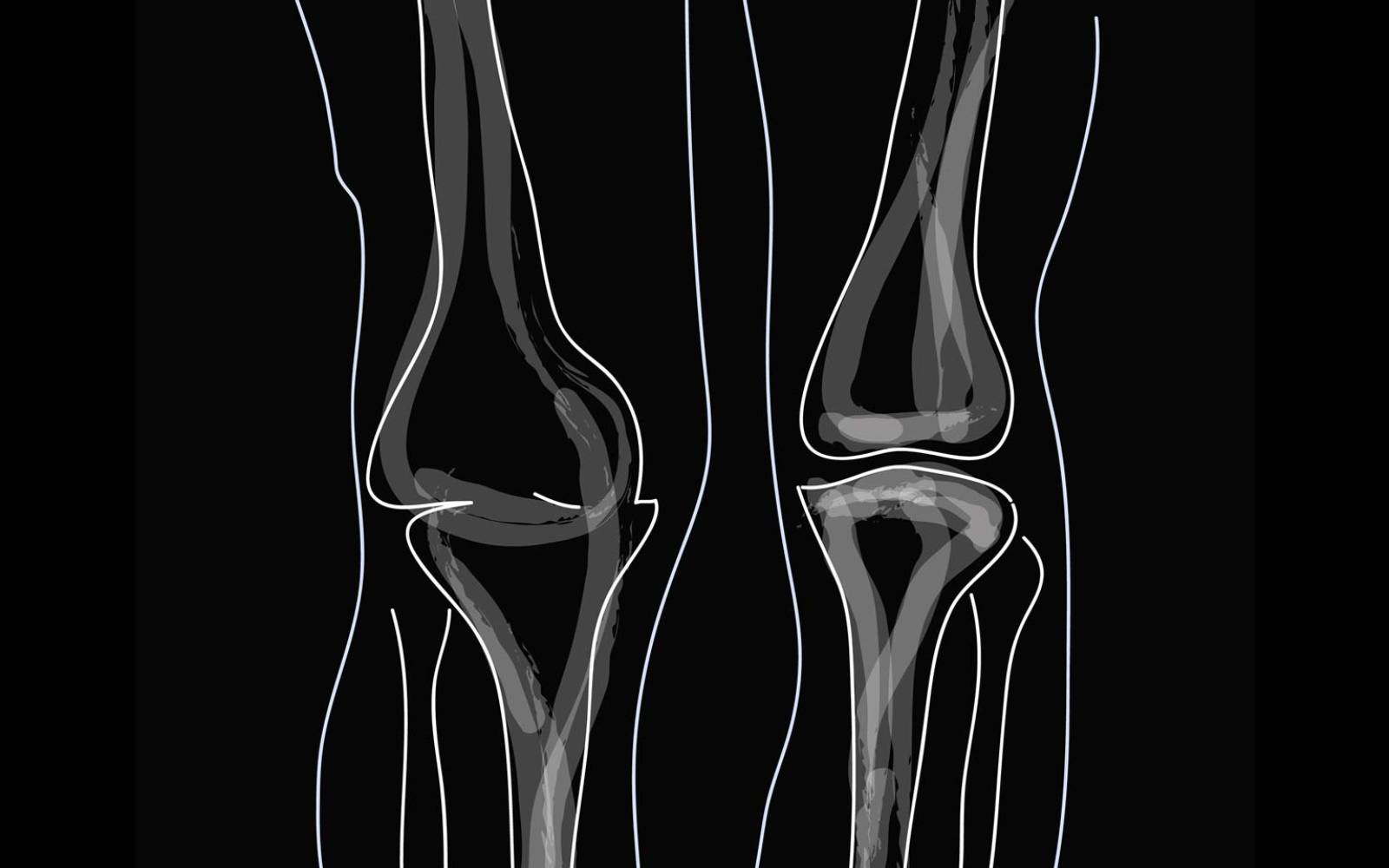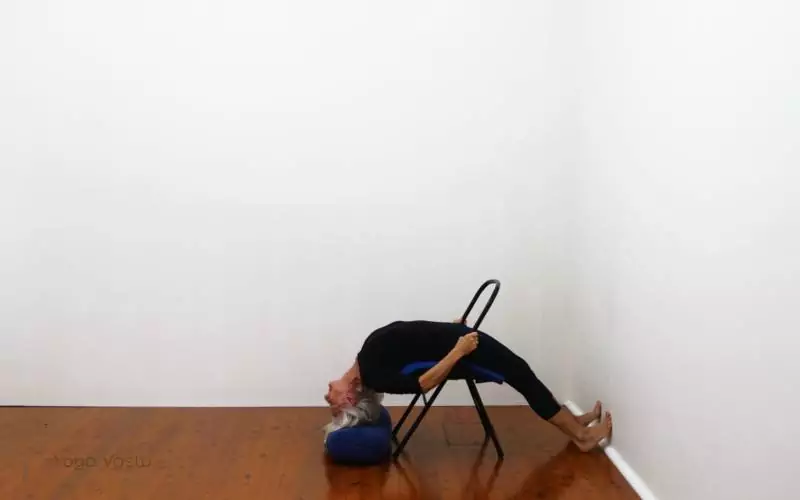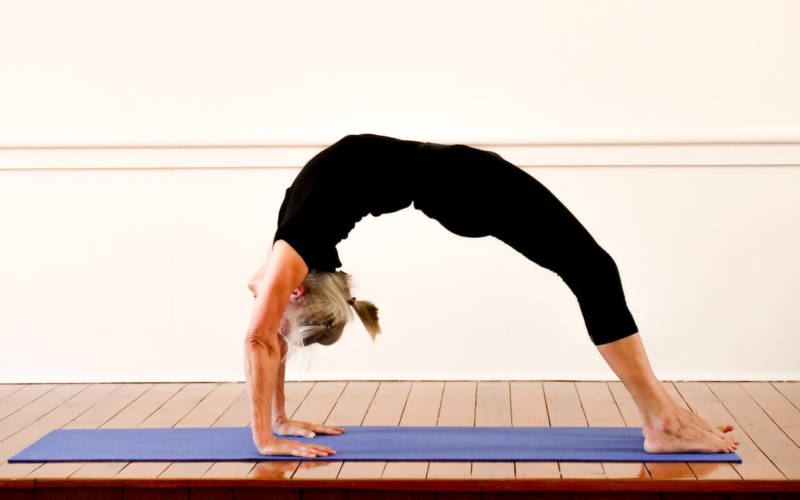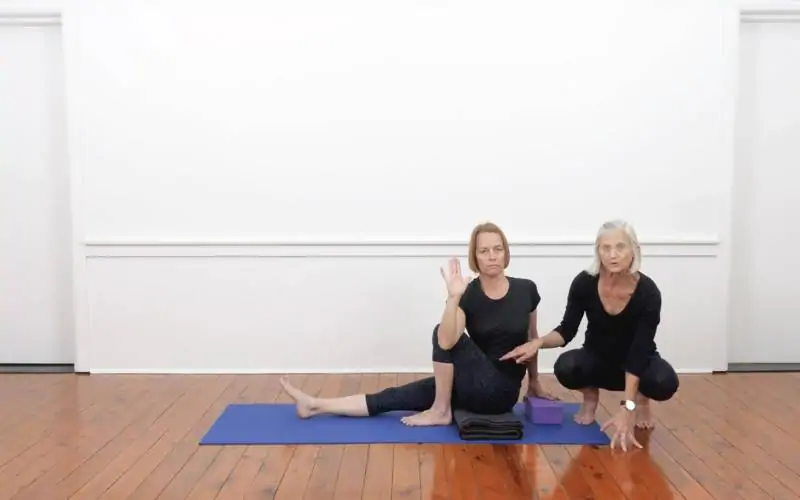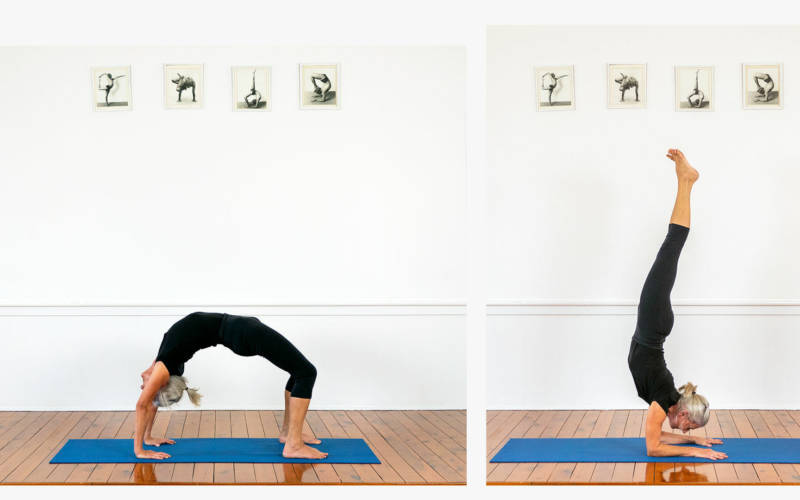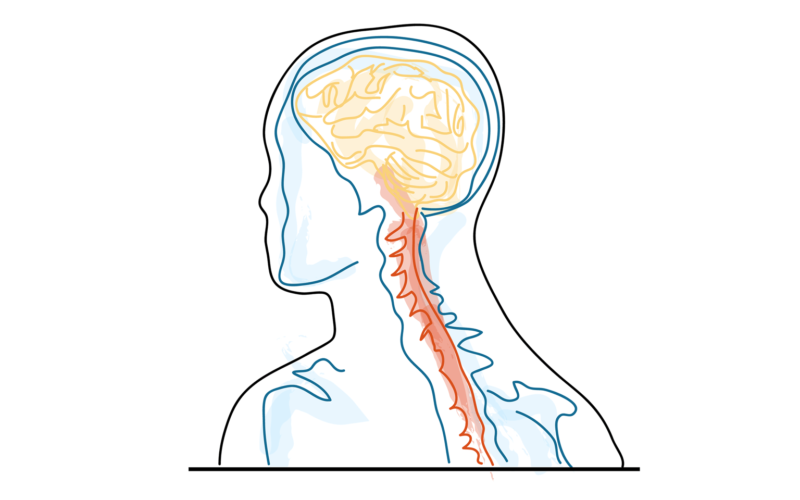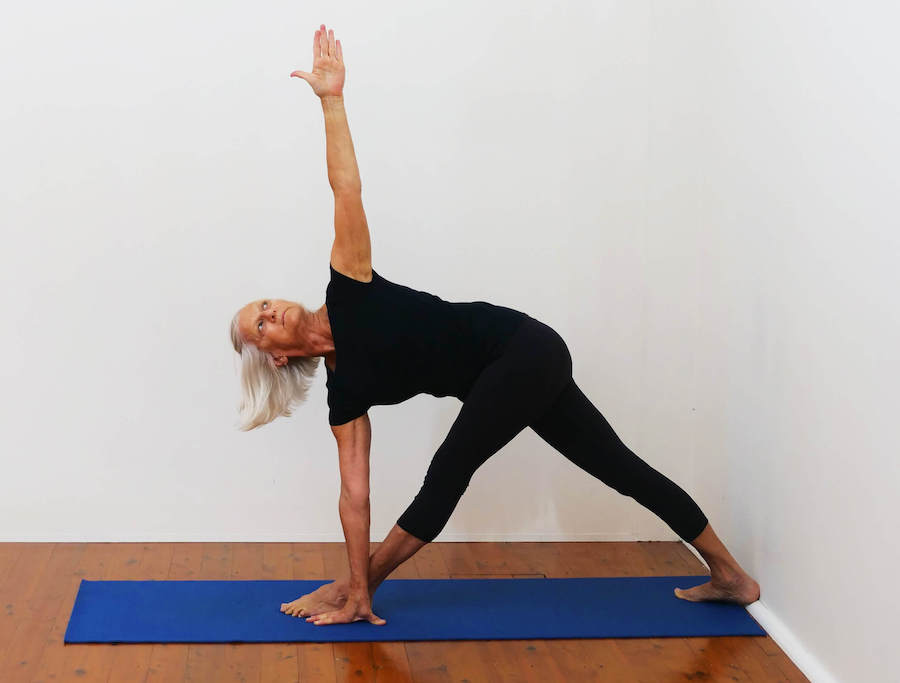Objectives
The American College of Rheumatology (ACR) Guidelines for the medical management of osteoarthritis (OA) emphasize the use of nonpharmacologic interventions including exercise. Implementation of an exercise program can be difficult for patients, and little is known about the benefits of alternative therapies such as yoga. The aim of this pilot study was to assess the feasibility of using yoga in the tradition of B.K.S. Iyengar to treat the symptoms of osteoarthritis of the knee.
Design
Participants were instructed in modified Iyengar yoga postures during 90-minute classes once weekly for 8 weeks.
Subjects
Participants met ACR criteria for osteoarthritis of the knee and completed a medical history and physical examination, Western Ontario and McMaster Universities Osteoarthritis Index (WOMAC), Arthritis Impact Measurement Scale 2 (AIMS2), Patient Global Assessment (GA) by Visual Analog Scale (VAS), Physician GA by VAS, and 50-foot Walk Time before and following an 8-week course of yoga instruction. Eleven (11) subjects enrolled, nine completed at least one session and seven (six of whom were obese) had data from pre- and post-course time points available for analysis.
Results
Statistically significant reductions in WOMAC Pain, WOMAC Physical Function, and AIMS2 Affect were observed when participants’ status were compared to their pre-course status. WOMAC Stiffness,
AIMS2 Symptoms, Social and Role, Physician GA, and Patient GA measured trends in improvement of symptoms. No adverse events from treatment were reported.
Conclusions
This pilot study suggests that yoga may provide a feasible treatment option for previously yoga-naive, obese patients 50 years of age and offers potential reductions in pain and disability caused by knee OA. Future studies should compare yoga to other nonpharmacologic interventions for knee OA, such as patient education or quadriceps-strengthening exercises.
The paper has been published in J Altern Comp Med (2005) 11:689-693 This is part of the collection of studies published as the Mumbai Research Compilation. The conference was held on October 12, 2008.
